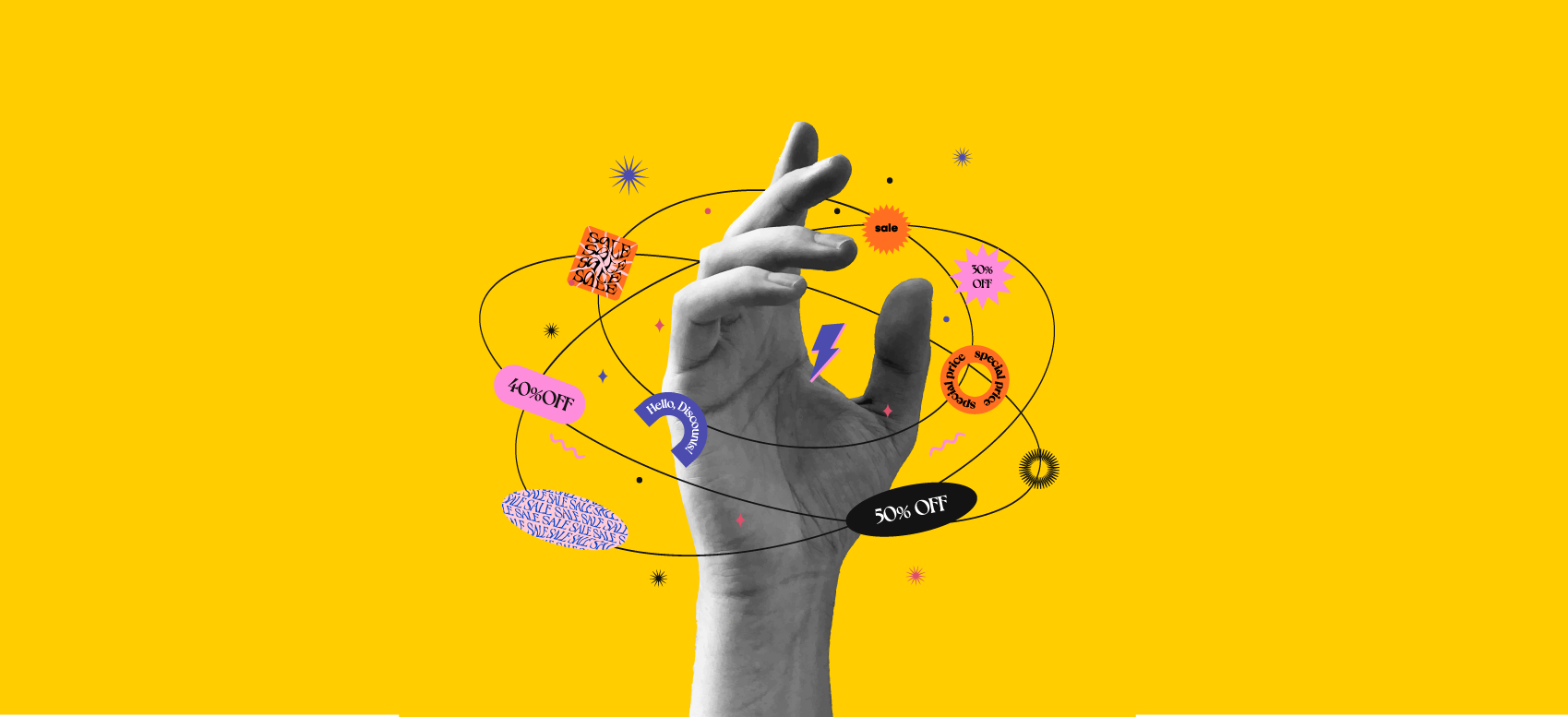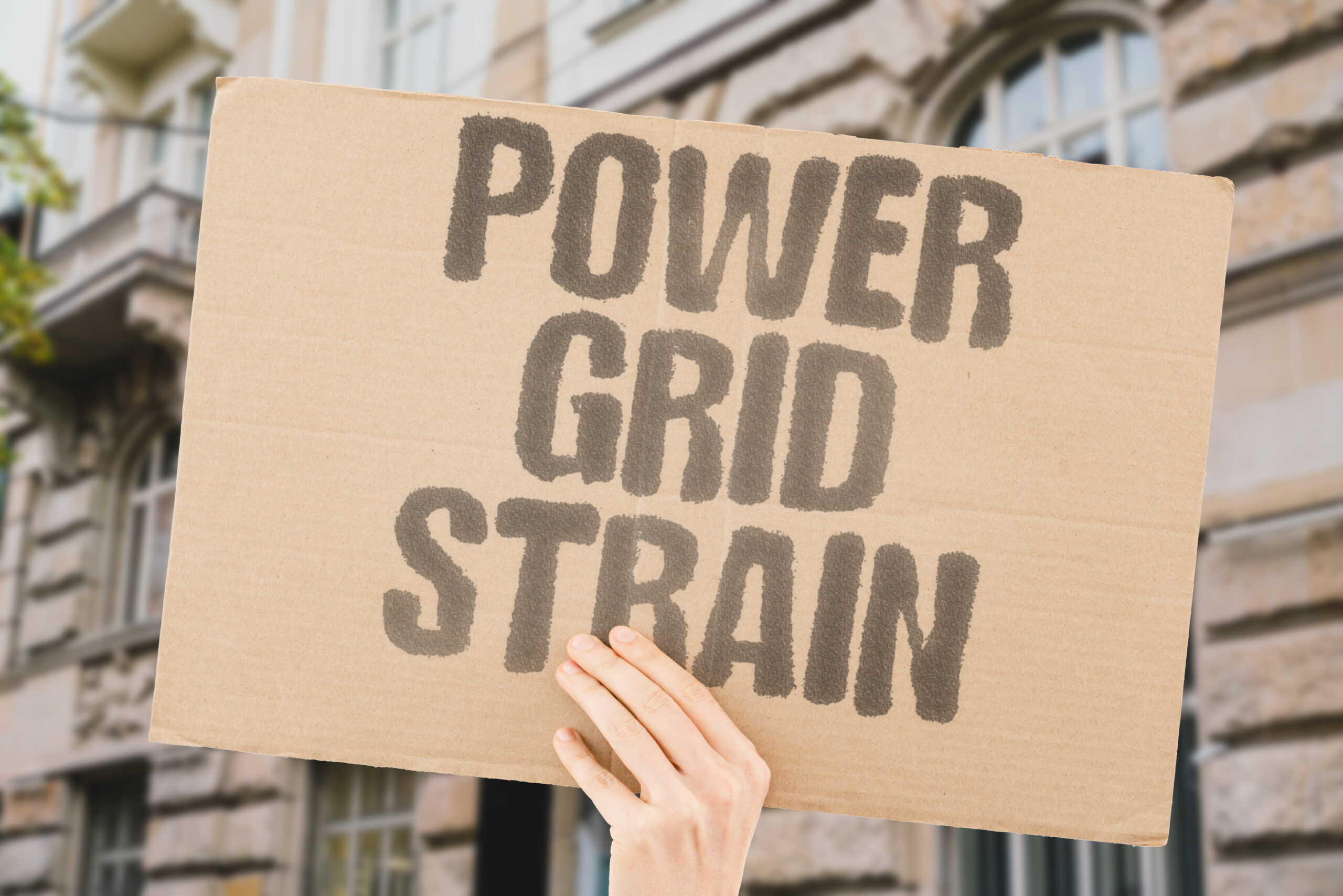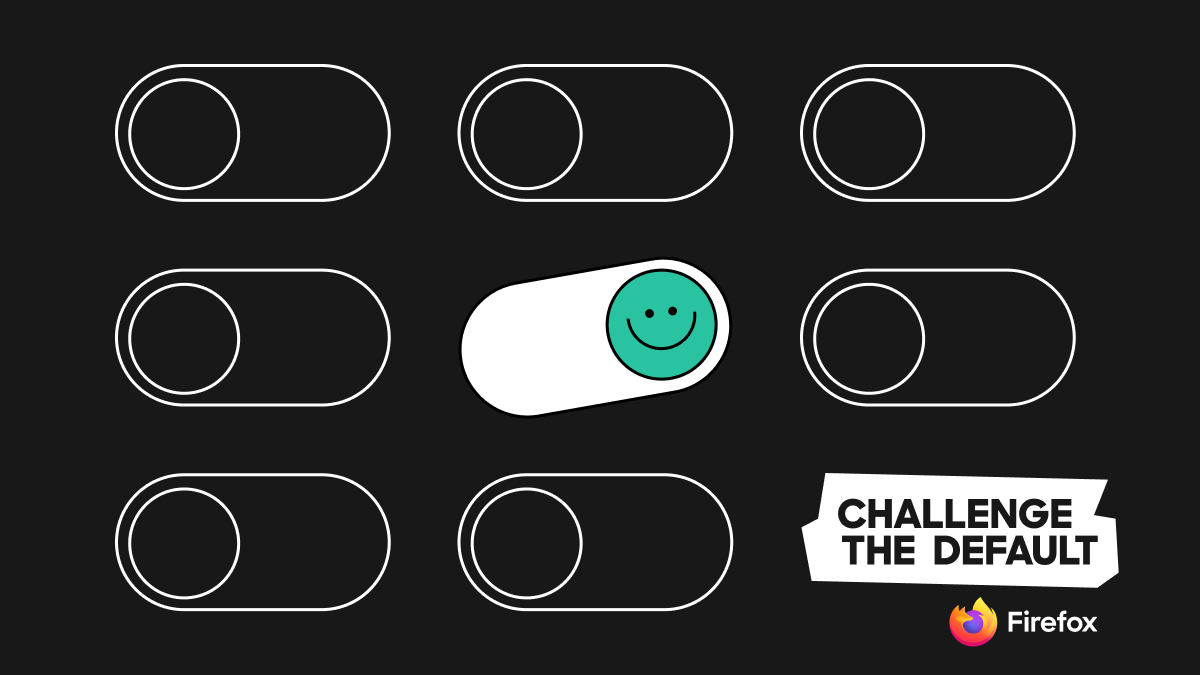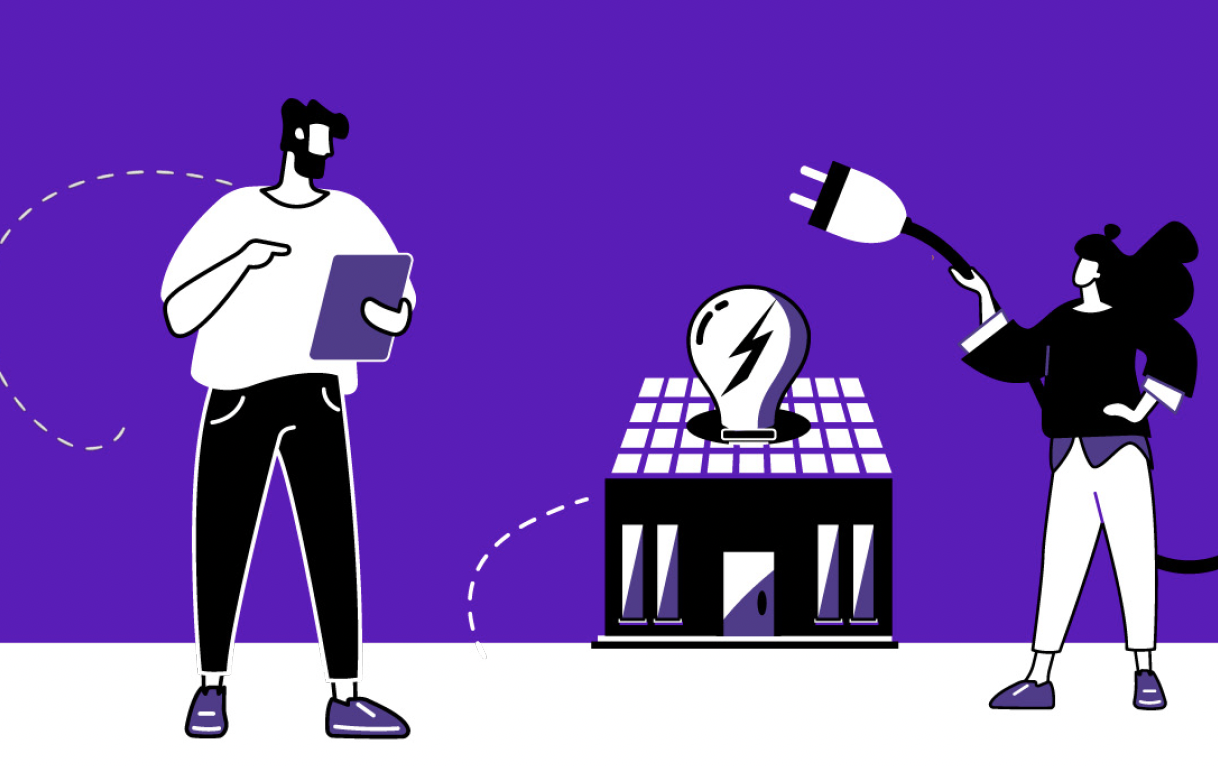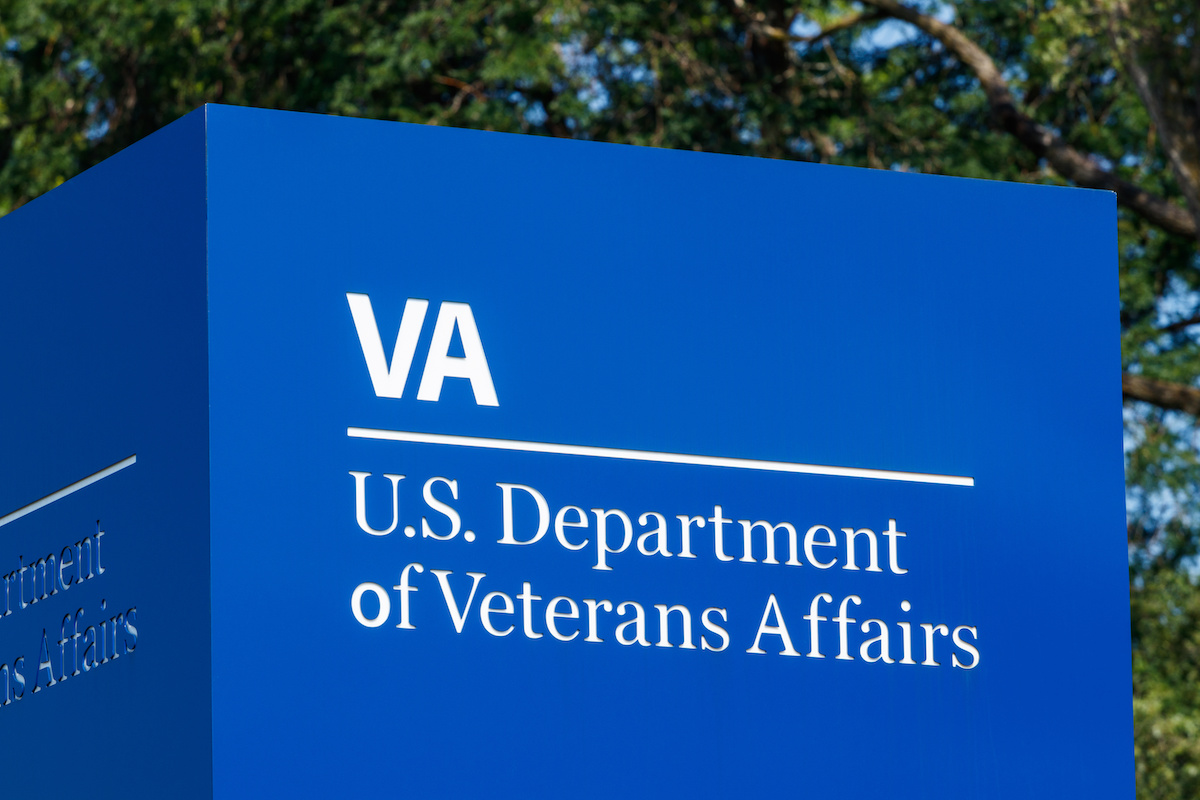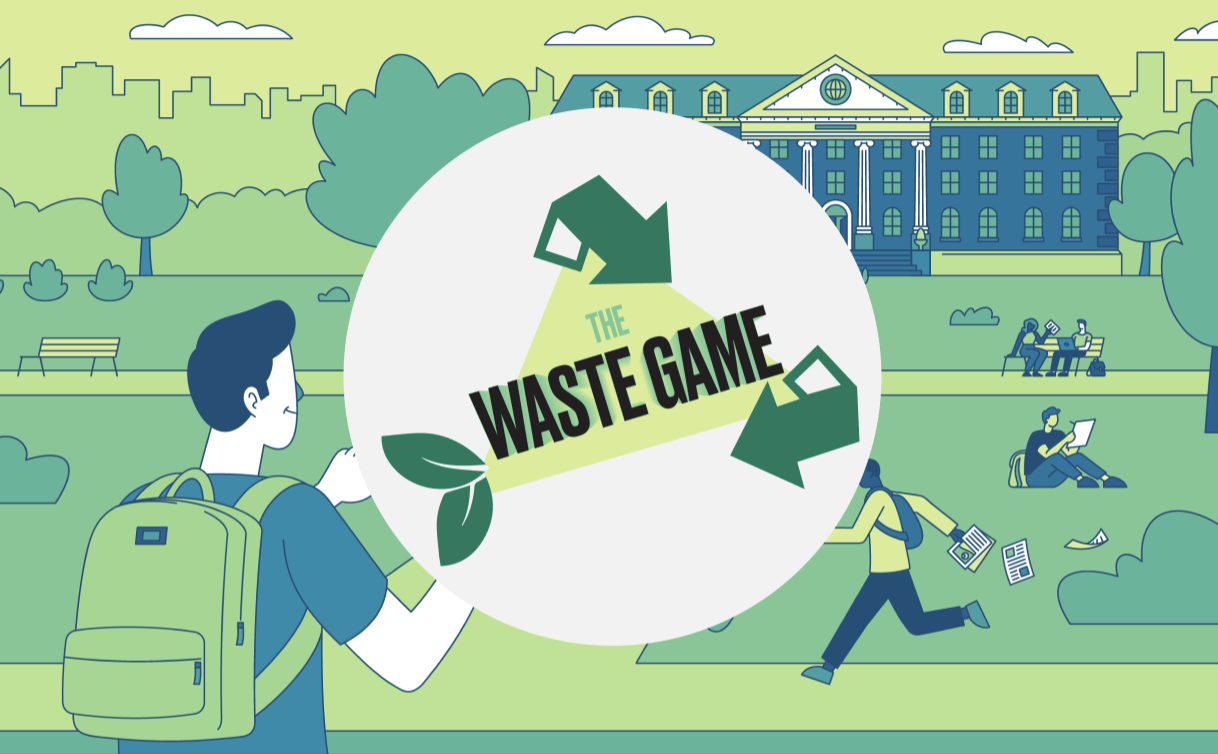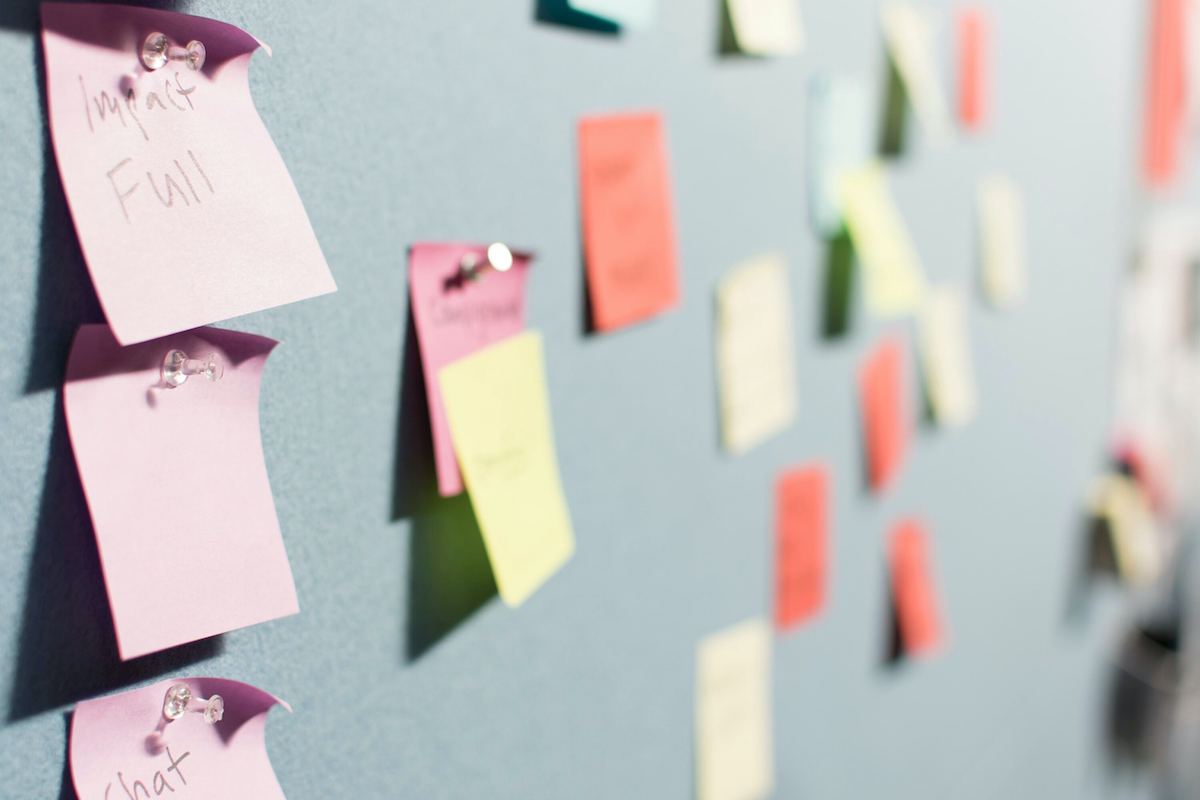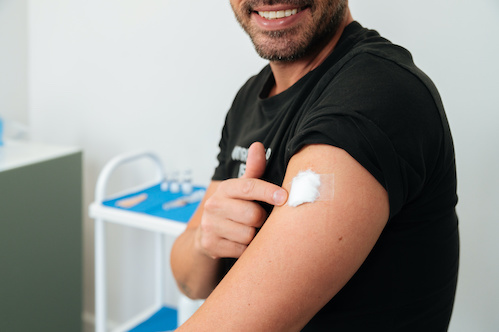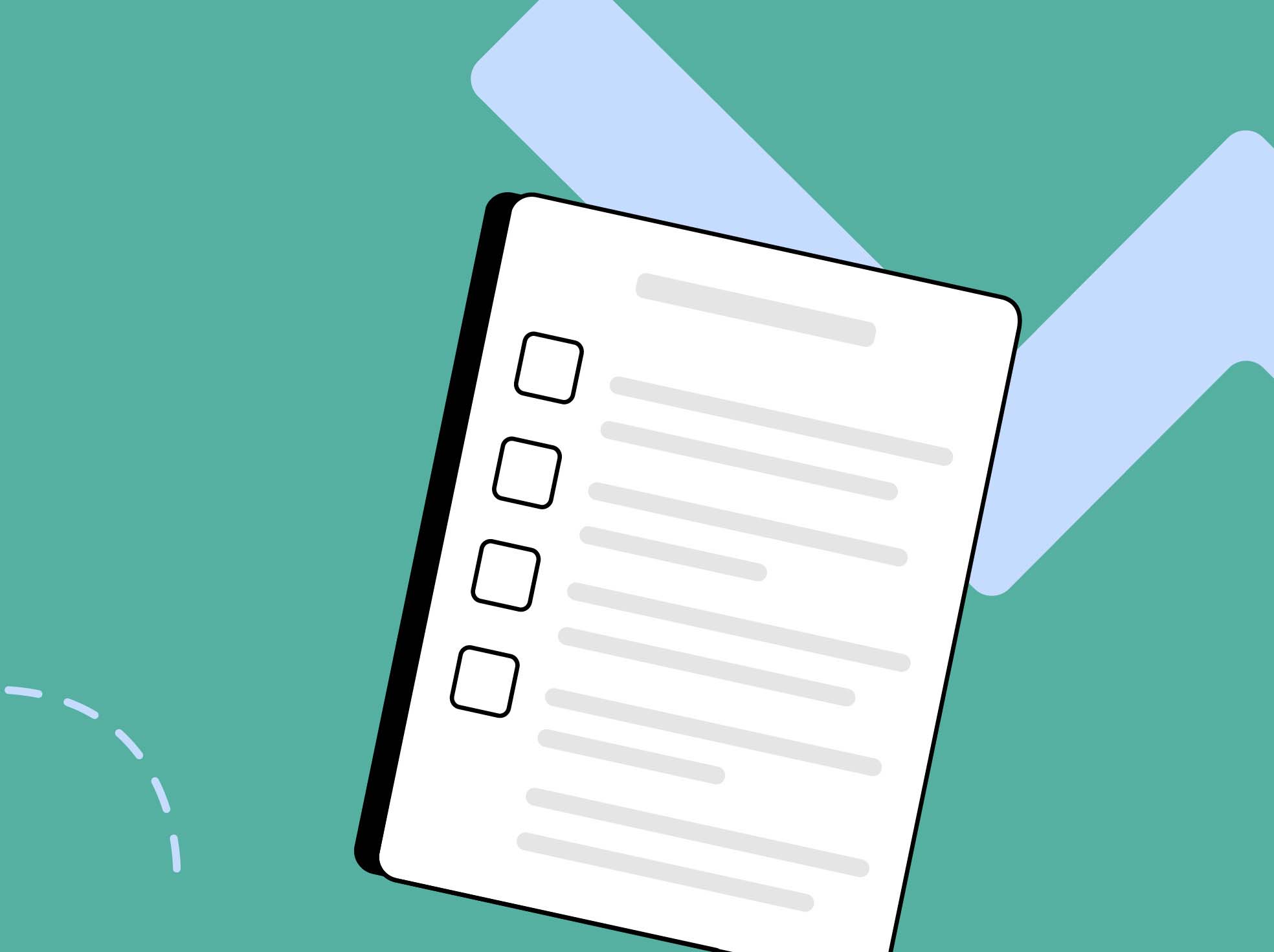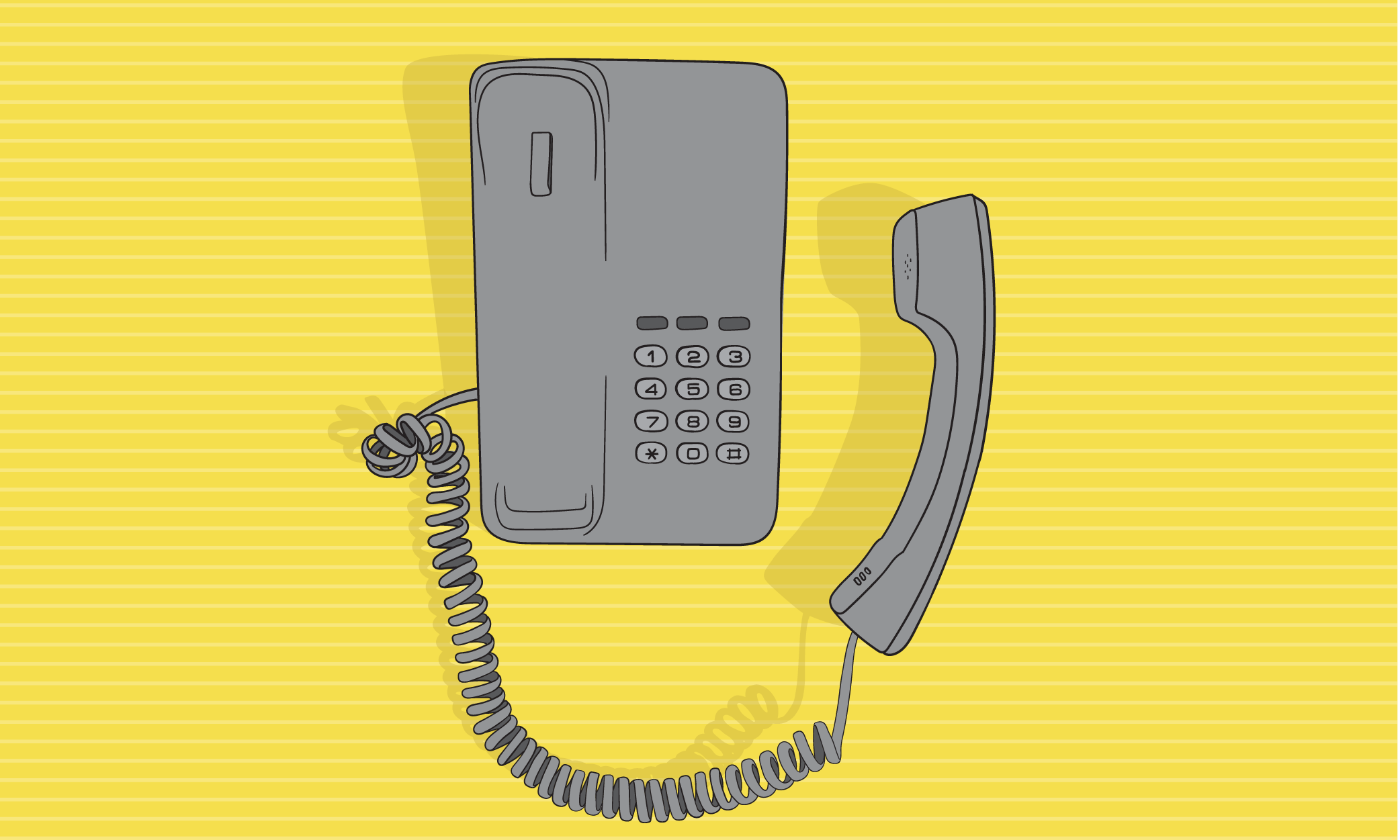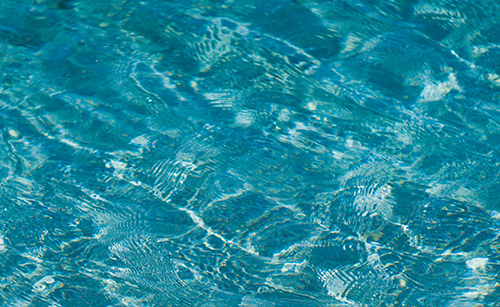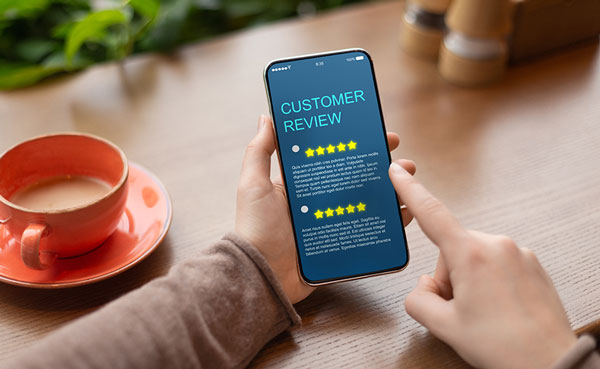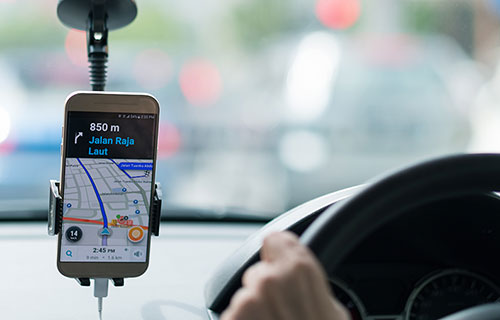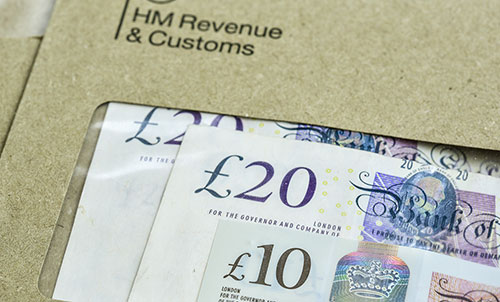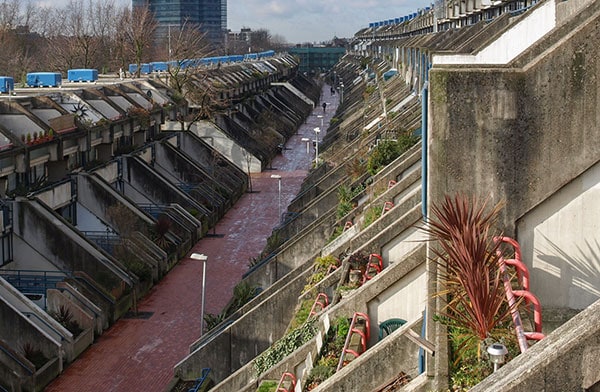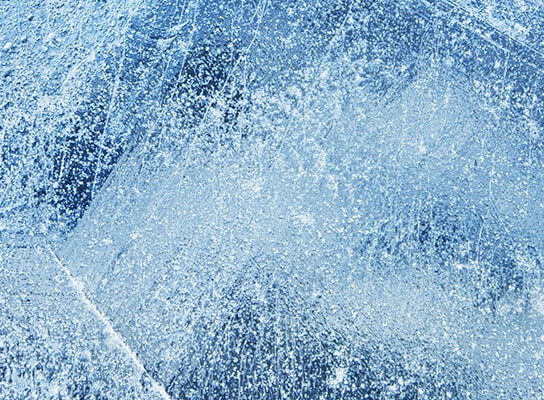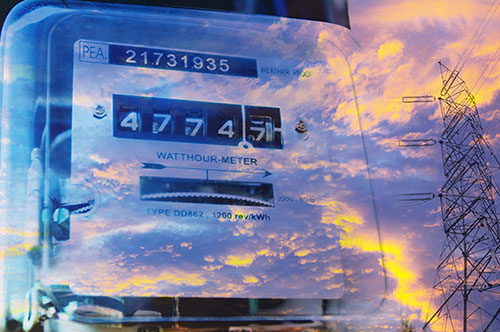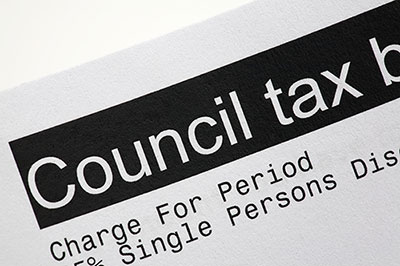Sustainability
The Waste Game
2023
PARTNERS
Environmental Protection Agency (EPA)
Irish Universities Association (IUA)
Share
As part of the Environmental Protection Agency (EPA) and the Irish Universities' Association (IUA) Campus Living Labs Sustainability Project, an online educational tool called The Waste Game was developed. The tool aims to impart waste prevention and recycling knowledge.
Promoting appropriate recycling behaviours is extremely important, as wrongly separated items can render bins non-recyclable and lead to additional waste. Despite considerable improvements in waste management infrastructure on university campuses, students continue to segregate waste poorly. Additionally, because students are a transient population, raising awareness about waste prevention and recycling can be a costly endeavour for universities as it must be undertaken annually.
In order to identify the barriers to recycling behaviours and waste prevention, we held interviews with stakeholders at different universities across Ireland, conducted a literature reviews, and analysed universities' waste audits, studies on the amount and quality of recyclable waste produced on campuses. We found that low recycling rates and waste contamination are often caused by students and staff not knowing how to sort waste items properly, lack of concern about the environment, and beliefs that most other staff or students do not sort their waste, which in turn discourages individuals from doing so themselves.
A game was designed to complement existing university-led initiatives around waste management.
We developed a game to address the identified waste recycling and sorting barriers. We chose this design approach as games provide an engaging and motivating medium for transmitting information; are cost-effective when compared to in-person lectures; and there is evidence showing that waste-sorting games are effective in disseminating waste-sorting knowledge (Luo, Zelenika and Zhao, 2018; Soma, Li and Maclaren, 2020) . Designed in collaboration with University College Dublin, Dublin City University, Maynooth University, Trinity College Dublin and other relevant stakeholders, the game aims to complement existing university initiatives by providing a tool that can be easily promoted at scale on campuses year-on-year.
In the Waste Game, players are guided through a quiz-like experience structured around the waste hierarchy framework. The game incorporates gamification and behavioural techniques, which include:
- An overarching narrative that frames the game as a journey or quest, providing meaning to waste prevention and recycling
- The interactive experience simulates a dialogue between the player and a fictional mentor, making the experience more engaging
- Social norms and comparisons allow players to compare themselves to others and hone a sense of collective responsibility
- Players are rewarded points and badges as they complete the levels, imparting a sense of progression and accomplishment
- Throughout the game, players receive immediate feedback which facilitates learning
- At the end of each level, players were encouraged to commit to reducing and recycling waste in the future to increase the likelihood that students would pick up these behaviours moving forward.
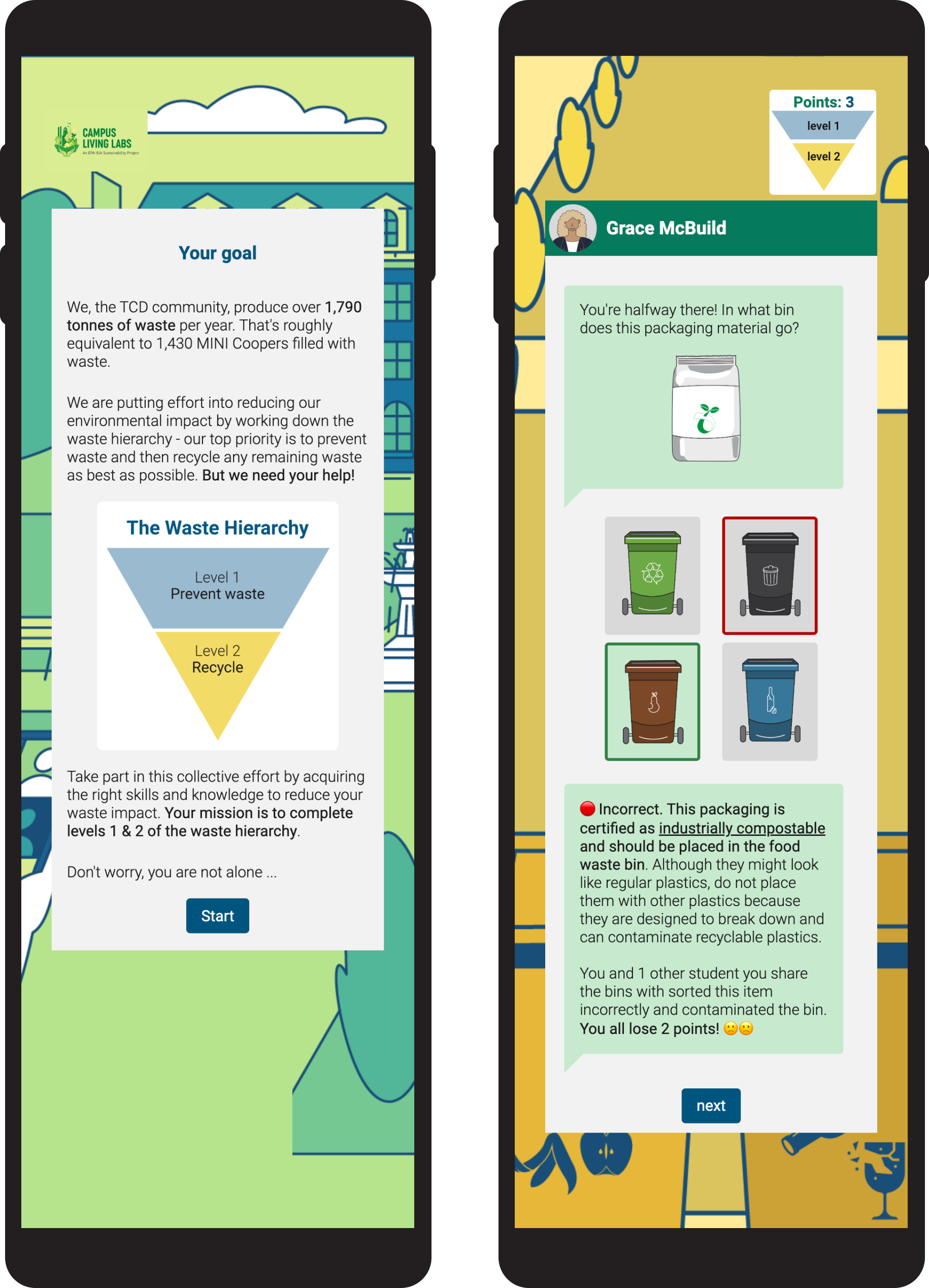
Trialling The Waste Game on Irish university campuses.
We trialled The Waste Game to assess its effectiveness as a tool for educating university staff and students about waste prevention and recycling and to understand which of the game features were most impactful. Additionally, we gathered players’ feedback on the game. As part of this randomised control trial (RCT), players were randomly assigned to one of three experimental groups: (1) a control group, (2) a simplified version of the game, and (3) an enhanced version, which included additional gamification techniques and features.
Staff and students in the treatment groups were presented with a short questionnaire after completing the game, which allowed us to assess the impact of the game on players’ knowledge and the key predictors of waste prevention and recycling behaviours. Additionally, they received a follow-up survey three weeks after completing the game to assess how memorable the information presented was as compared to those who received the simplified versus the enhanced version. In contrast, participants in the control group were asked to complete the same questionnaire before playing the game and were used as a counterfactual group to assess the impact of the game.
The Waste Game was highly effective in improving the key predictors of waste prevention and recycling behaviours, in the long and short term.
We found that this cost-effective and systematic way of transmitting information was highly effective in improving the key predictors of waste prevention and recycling behaviours, both in the short and the long term, across all participating universities. Our findings highlight the importance of transmitting not only knowledge but also confidence and a sense of collective effort when aiming to motivate students to improve recycling practices.
Interestingly, individuals who played the simplified version of the game performed better in the knowledge assessment and reported higher confidence in reducing and sorting waste. It is possible that participants who played the enhanced version of the game performed worse due to players being matched with others and having their scores affected by the performance of other players. While this feature was designed to convey a sense of collective responsibility, it may have actually demotivated players. It is therefore important to transmit key messages to players in a way that is not too penalising, as this may drive the attention away from the information. Our findings suggest that The Waste Game is most effective when presented in its simplified version.
Scaling-up The Waste Game.
We drew on the findings from this trial to further develop and improve The Waste Game. The latest version is now accessible via the IUA website and will be integrated into the orientation-week curricula across universities in Ireland. The Waste Game is a pioneering example of how behavioural insights can help build educational tools that facilitate learning and engagement.
Click here to play the game.
Click here to learn more about the trial.

